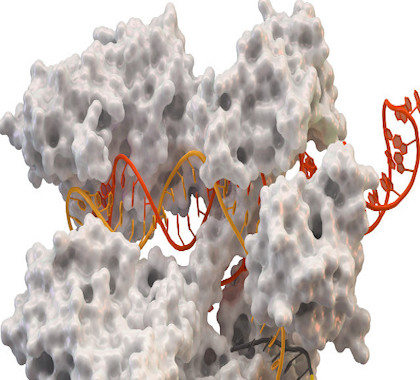CRISPR Therapeutics is developing the treatment, called CTX001, which targets sickle cell anemia by isolating those cells in the blood and making a genetic change to raise red blood cells’ level of fetal hemoglobin.
The company announced the FDA has decided to prevent human trials from beginning until “the resolution of certain questions that will be provided by the FDA as part of its review of the IND [Investigational New Drug Application].” The FDA provided no further information on the delay announced in June.
A similar CRISPR clinical trial will begin as planned in Europe, BioNews reports. The procedure will be used to treat a severe, inherited blood disorder called beta-thalassemia.
Wondering Why
Edward Hudgins, research director for The Heartland Institute, which publishes Health Care News, says the FDA should explicitly tell the public its reason or reasons for the moratorium.
“The FDA is not saying why they’re putting the trial on hold, which is problematic in itself,” Hudgins said. “The cutting edge in medical treatment is biohacking, or genetic engineering, and the CRISPR tool is right at that cutting edge. Europeans are now using it and testing it in clinical trials. The Chinese are now doing it, and it looks like the American regulators are putting their foot on the brake.
“That’s dangerous to Americans,” Hudgins said. “If they have a really, really compelling reason, let’s hear it. But if other countries are doing this, then why should the FDA be the ones that are putting the brakes on research and development in this country?”
‘We Don’t Know Why’
Dr. Robert Graboyes, a senior research fellow and health care scholar at the Mercatus Center at George Mason University, says there’s no way of knowing the government’s exact reasons for the halt unless the FDA specifies its concerns.
“You are editing human genes through the procedure,” Graboyes said. “There’s no doubt CRISPR has stunning possibilities, and also probably has some striking risks as well. We don’t know why the delay was put in place, so we don’t know if the delay will have some benefit or if it will simply delay the arrival of a useful medical procedure.”
Regardless of the reason for the hold, the setback gives Europe a chance to advance beyond the United States in establishing the value of CRISPR as a treatment, Graboyes says.
“Parallel research with Europe fits a pattern,” Graboyes said. “The United States delaying the clinical trial shifts the locus of innovation away from us to Europe.”
‘We’d Like to Try’
Hudgins says halts to clinical trials, such as the CTX001 decision, plus an overall slow procedure for approval of medical treatments and pharmaceuticals in the United States, suggest the need for a policy change.
“For those who want to see these cutting-edge therapies developed, we really have to take a look at the FDA,” Hudgins said. “One of the things that would help is a free-to-choose medicine regime. What that means is that once a treatment passes phase one, the safety test, patients can go to companies directly and say, ‘We’d like to try this product.’
“That should be something to be immediately considered in the United States as these treatments are approved overseas and Americans miss out on the chance of having them here.”
Internet Info:
“First Genome Editing Trial in Europe Gets Go-Ahead,” BioNews, April 2018; https://www.bionews.org.uk/page_135374




